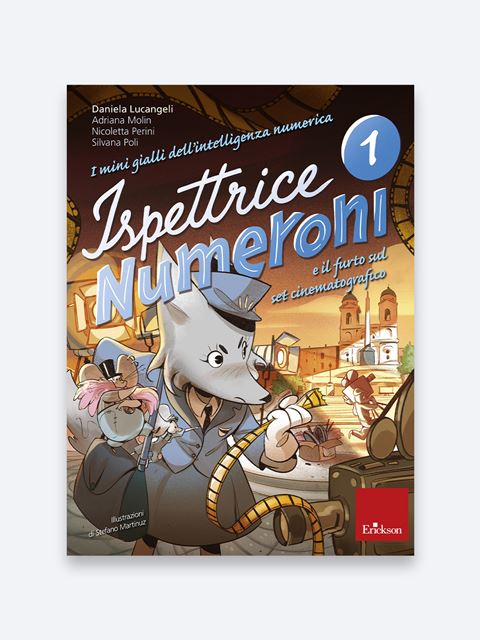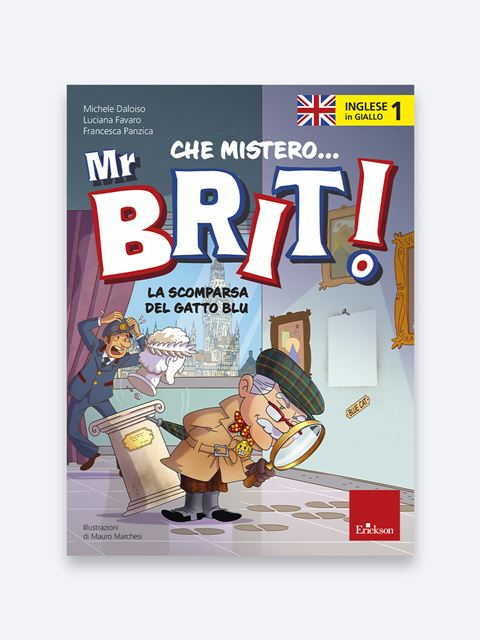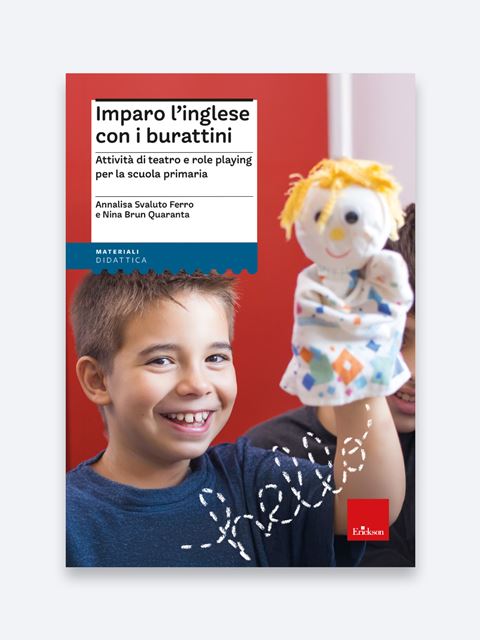 EN
EN
 PT
PT
O diário inteligente para organizar e gerir melhor os deveres de casa, a preparação dos materiais e os testes escolares
Produto: Livro
Formato: 29,7x21
Páginas: 176 a cores + autocolantes + guia de utilização para pais e professores
ISBN: 9788859008200
Data de Publicação: 01/05/2015
Adequado para: Ensino fundamental (6-7), Ensino fundamental (8-10), Ensino fundamental (10-11)
Criado por Gianluca Daffi e Cristina Prandolini, o DIARIO START – a revolução Erickson no campo dos diários escolares – está disponível num novo ambiente!
O DIARIO START baseia-se numa metodologia que permite desenvolver competências fundamentais:
– preparar o eSpaço de trabalho tanto em casa como na escola;
– hipotetizar e respeitar o Tempo de execução dos deveres;
– planificar as Atividades necessárias para completar os deveres e alcançar os objetivos fixados pelo professor;
– organizar a Revisão dos deveres, tanto durante como depois de feitos, para controlar o tempo previamente definido;
– Transferir, isto é conscientemente reutilizar, as competências adquiridas em deveres semelhantes.
Com o objetivo de desenvolver competências fundamentas, o DIARIO START tem:
– uma agenda semanal de acordo com o calendário escolar, para habituar os alunos a visualizar a quantidade de trabalho que têm de realizar no arco de vários dias
– espaços amplos para apontar os deveres e sugestões dos professores
– um calendário do ano escolar inteiro, com o espaço para a data vazio; preenchê-lo será o primeiro passo para o aluno adquirir consciência do tempo que tem à disposição e, consequentemente, a competência para o gerir melhor
– um design simples, claro e divertido, estudado para capturar a atenção das crianças e envolvê-las nas atividades
– fichas e grelhas para aprender a programar o estudo para um teste e a dividi-lo estratégicamente, de modo a ter mais dias para trabalhar
– uma lista de objetivos mensais para ajudar as crianças a focarem-se em determinadas áreas que devem melhorar, e que no final do mês devem avaliar na página de revisão
– jogos e atividades pensados para desenvolver em contexto de sala de aula competências meta-cognitivas
– fichas-guia para interpretar com clareza o horário escolar, as ligações entre disciplinas e professores e o material necessário para cada matéria
– autocolantes coloridos para marcar diretamente nas páginas do diário o material que falta, os testes, os eventos escolares mais importantes
– um guia com instruções para os pais e professores, que fornece sugestões práticas para melhor utilizar todas as funcionalidades do diário.
Disponível também a versão DIARIO START – Aventura no espaço
O DIARIO START É O PRIMEIRO DIÁRIO VERDADEIRAMENTE INCLUSIVO
No diário não existe qualquer referência explícita a distúrbios ou outras dificuldades, para evitar que as crianças se sintam tratadas como “diferentes”, o que tem efeitos negativos na auto-estima e na motivação.
O Diário é perfeito para ajudar crianças com Necessidades Educativas Especiais, mas é indicado para todos os alunos.
- agenda semanal de acordo com o calendário escolar
- espaços amplos para apontar os deveres e sugestões dos professores
- linha do tempo, para enquadrar a semana no ano escolar
- fichas e grelhas para aprender a programar o estudo para um teste
- lista de objetivos mensais
- jogos e atividades para desenvolver competências meta-cognitivas
- fichas-guia sobre o horário escolar, os professores e o material necessário para cada disciplina
- autocolantes coloridos
Em anexo, um guia com instruções para os pais e professores


Numeric Intelligence Mini Mysteries – Volume 1
Game-book for practicing numerical intelligence in primary school
SOLD TO: France, Switzerland, Belgium, Quebec, Spanish language for Latin America, USA, Canada, Russia, Czech Republic, Albania, Slovakia, China Mainland, Turkey, Greece

What a mystery Mr. Brit! – First grade
The disappearance of the blue cat
SOLD TO: China Mainland, France, Switzerland, Belgium, Quebec, Spanish and Catalan worldwide, Slovakia, Turkey

Learning English with Puppets
Drama and role-playing activities for primary school
SOLD TO: N/A

I’ll join you after dinner
Reading Between the Lines of Eating Disorders
SOLD TO: N/A